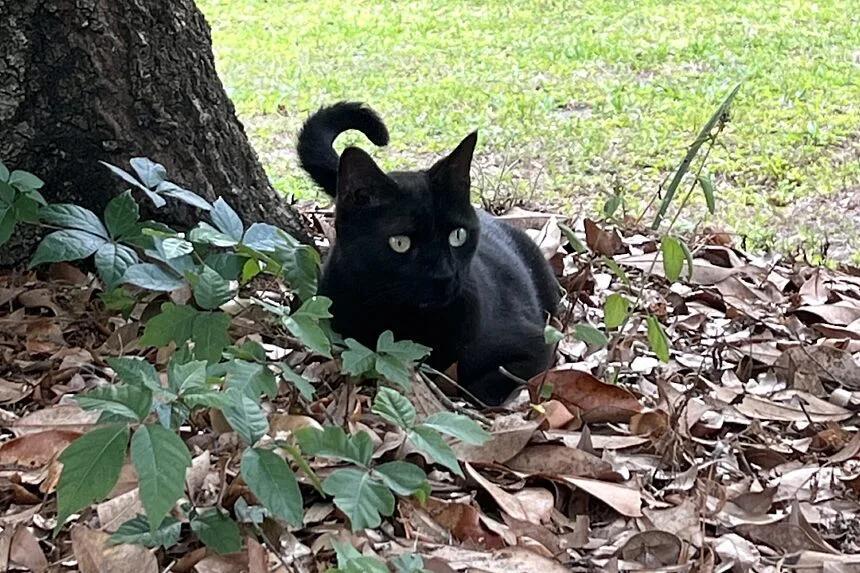
Scientist’s Pet Cat Helps Discover New Virus Again
In a remarkable instance of interspecies collaboration, a scientist’s pet cat has once again played a crucial role in the discovery of a new virus. This time, the feline friend, named Pepper, has helped uncover a new strain of orthoreovirus, a type of virus that affects various species, including humans.
The discovery was made by Dr. John Lednicky, a virologist at the University of Florida, and his team. Lednicky is no stranger to the importance of his pet cat in his research, as Pepper had previously helped him discover the first known jeilongvirus in the United States.
The story began when Lednicky’s cat, Pepper, caught an Everglades short-tailed shrew in their backyard. Although the shrew had died, Lednicky decided to test its tissues for any potential viruses. Little did he know that his curious cat’s actions would lead to a significant breakthrough in the field of virology.
Upon testing the shrew’s tissues, Lednicky’s team found a new strain of orthoreovirus, which they named Orthoreovirus 35 (ORV-35). This discovery is significant not only because of the novelty of the virus but also due to its potential impact on human health.
“Orthoreoviruses are known to cause respiratory and gastrointestinal diseases in humans, and this new strain could potentially be a new human pathogen,” said Lednicky in an interview. “We are still studying the virus, but our initial findings suggest that it could be a significant public health concern.”
The discovery of ORV-35 highlights the importance of interdisciplinary research and the often-overlooked role that animals play in scientific inquiry. Lednicky’s team was able to identify the new virus only because of Pepper’s curious nature and the scientist’s willingness to explore the possibility of viral transmission through the Everglades shrew.
“This is a great example of how animals can contribute to scientific research,” said Lednicky. “Pepper’s actions may have seemed insignificant at the time, but they ultimately led to a major breakthrough in our understanding of viral diseases.”
Lednicky’s team is currently studying ORV-35 to better understand its transmission, pathogenesis, and potential impact on human health. The discovery of this new virus has significant implications for public health, and further research is needed to determine its potential risks and consequences.
The collaboration between humans and animals has led to numerous groundbreaking discoveries throughout history. From the development of vaccines to the understanding of complex diseases, animals have played a crucial role in advancing our knowledge of the natural world.
In this case, Pepper’s curiosity and Lednicky’s expertise have led to a major breakthrough in the field of virology. The discovery of ORV-35 serves as a reminder of the importance of interdisciplinary research and the potential for unexpected collaborations to lead to significant scientific discoveries.
As the scientific community continues to study ORV-35, it is clear that Pepper’s contributions will have a lasting impact on our understanding of viral diseases and our ability to combat them.
Source:
https://ufhealth.org/news/2025/scientists-cat-contributes-to-second-discovery-of-new-virus






